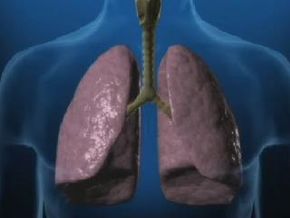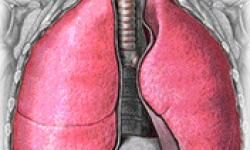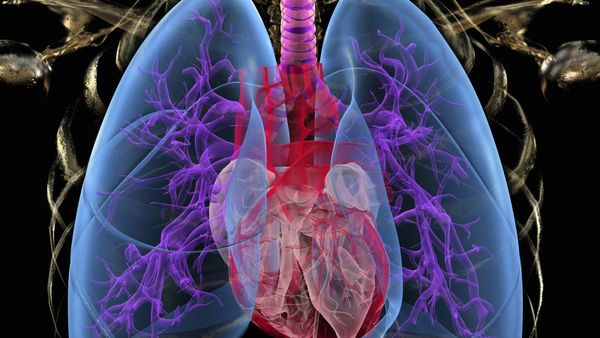Pseudomonas aeruginosa is a rod-shaped bacterium that is normally found in moist or wet areas, like water or soil. It can be found in hot tubs, inadequately chlorinated swimming pool, sinks, and toilets. It's also very prevalent in hospitals. These bacteria don’t usually affect healthy people; rather, they attack those with a weakened immune system, and can cause infections in any part of the body. People with cystic fibrosis, diabetes, AIDS, or cancer are especially at risk for infection with pseudomonas aeruginosa. Patients in hospital, especially those who are on a ventilator or are catheterized, are also very much at risk. Pseudomonas infection is potentially very serious and is often resistant to treatment, requiring two or more antibiotics, often intravenously.
Pseudomonas aeruginosa can cause infection of the blood (bacteremia), heart (endocraditis), central nervous system (meningitis, brain abscess), ear (otitis externa, or swimmer's ear), eyes, bones, joints, skin, urinary, and gastrointestinal tract, in addition to the respiratory tract. When it affects the respiratory tract, it is typically in people whose immune system is weakened by illness or medication. People with chronic lung disease or congestive heart failure are particularly susceptible to pneumonia caused by pseudomonas infection, especially if they are hospitalized.
Advertisement
People who have cystic fibrosis are at particular risk of pseudomonas infection. The lungs of most children with cystic fibrosis become colonized with pseudomonas aeruginosa before their 10th birthday [source: Pseudomonas Genome Database]. People with cystic fibrosis often develop chronic pseudomonas infection in their lower respiratory tract. This may cause them to have a chronic, phlegm-producing cough, loss of appetite, weight loss, wheezing and a fast breathing rate (tachypnea). Although antibiotics can help mitigate pseudomonas' effects, the bacteria can never be totally eliminated and so people with cystic fibrosis suffer repeated bouts of pseudomonas-related breathing problems.


